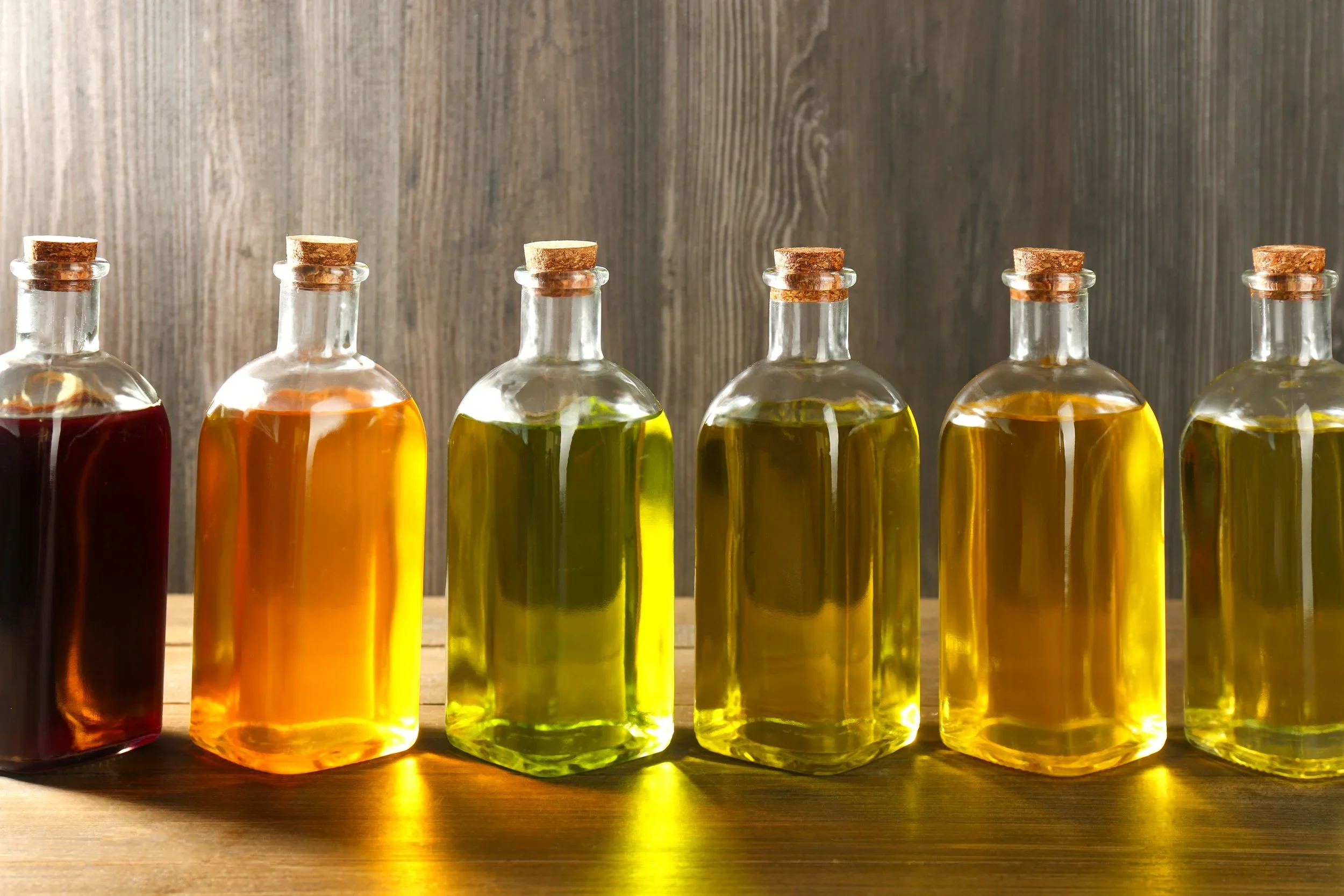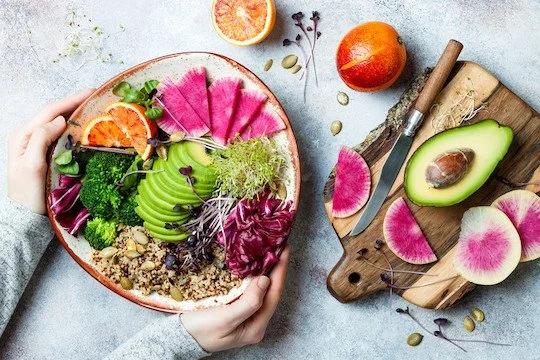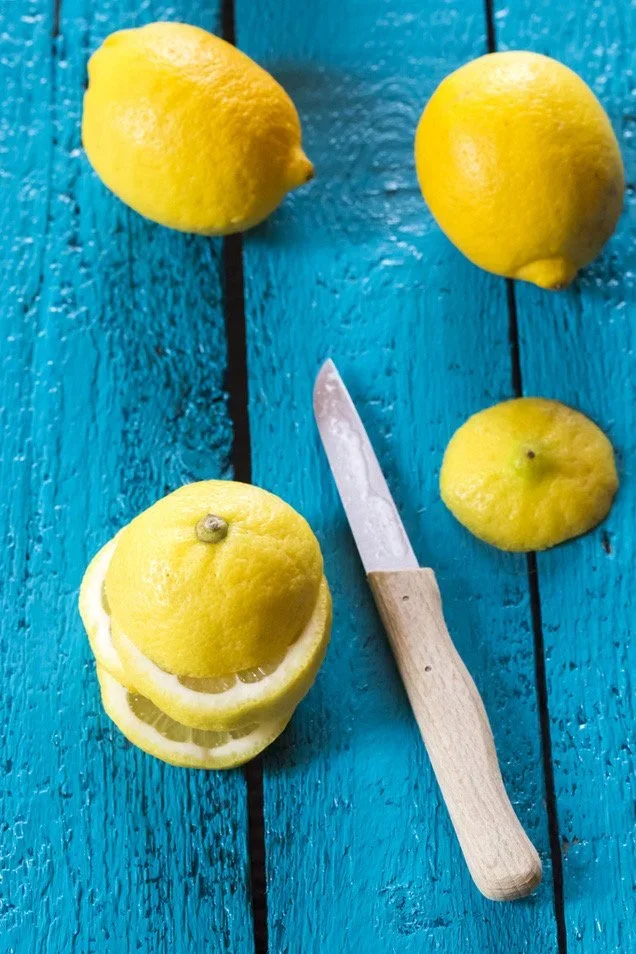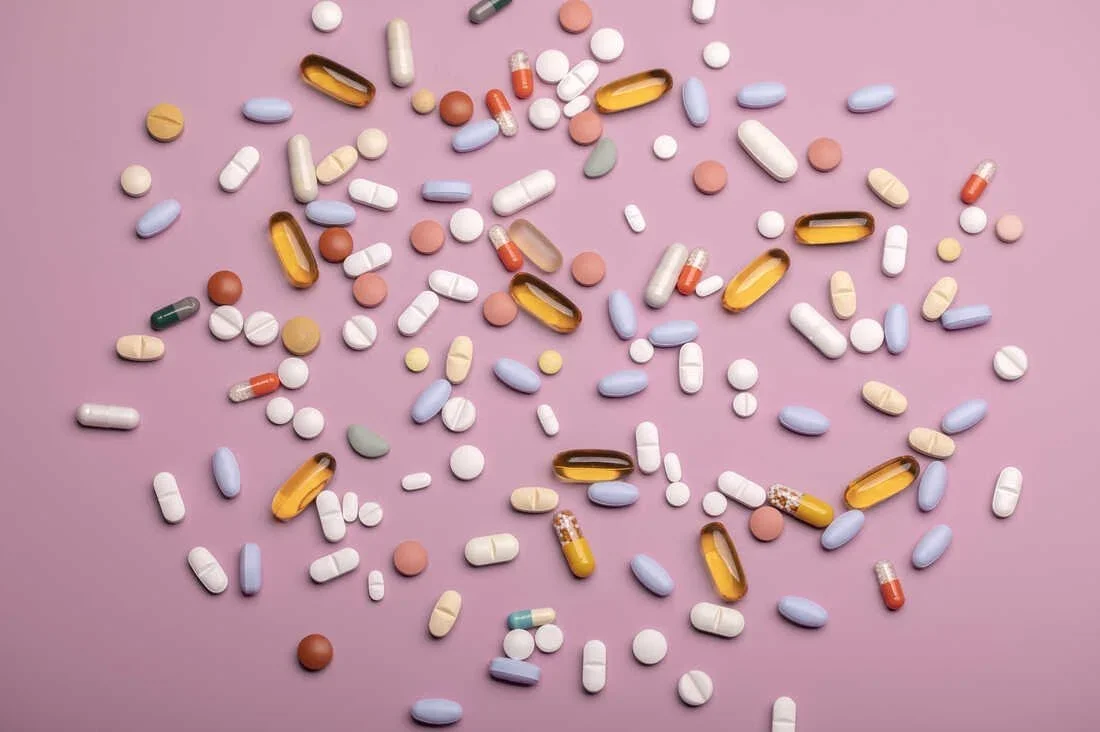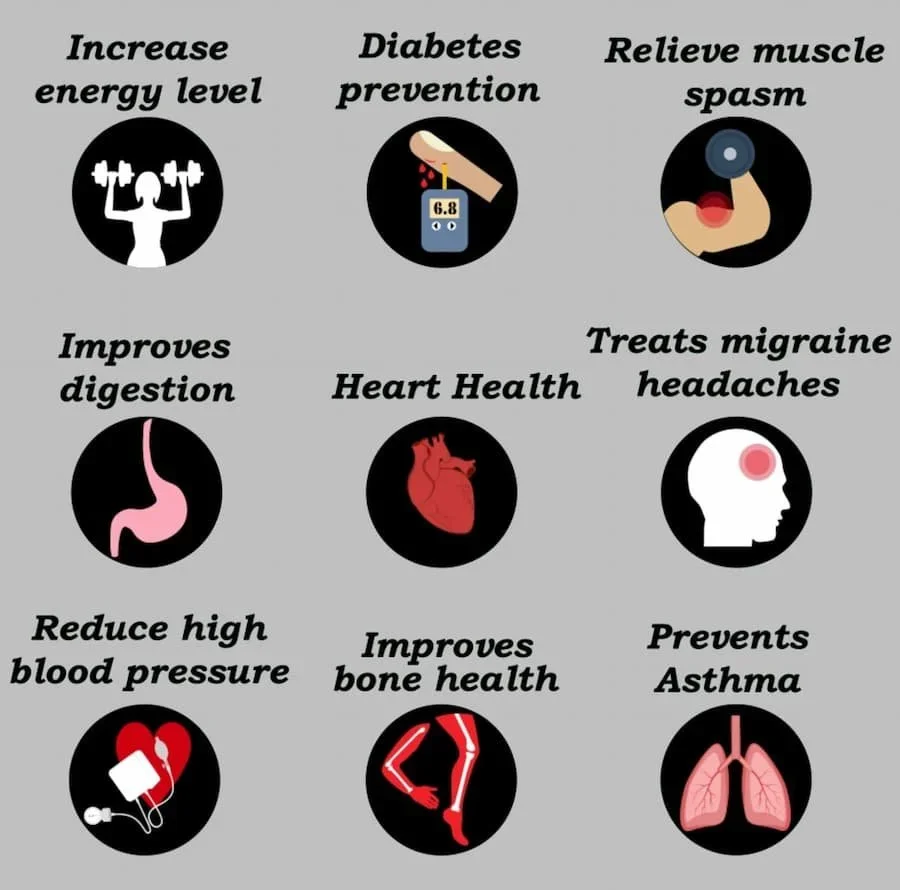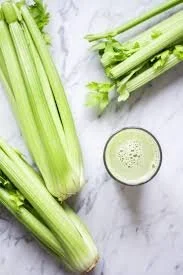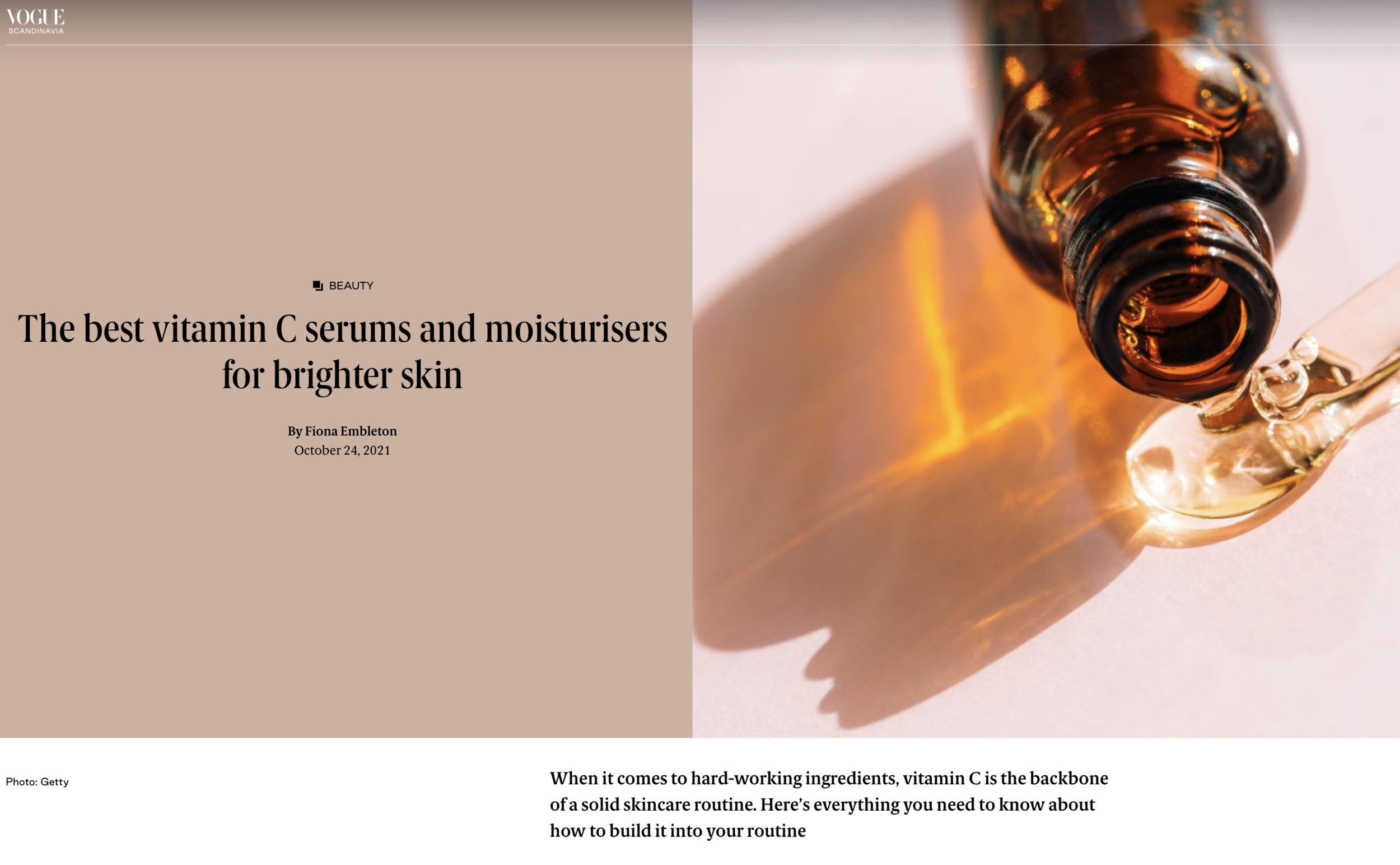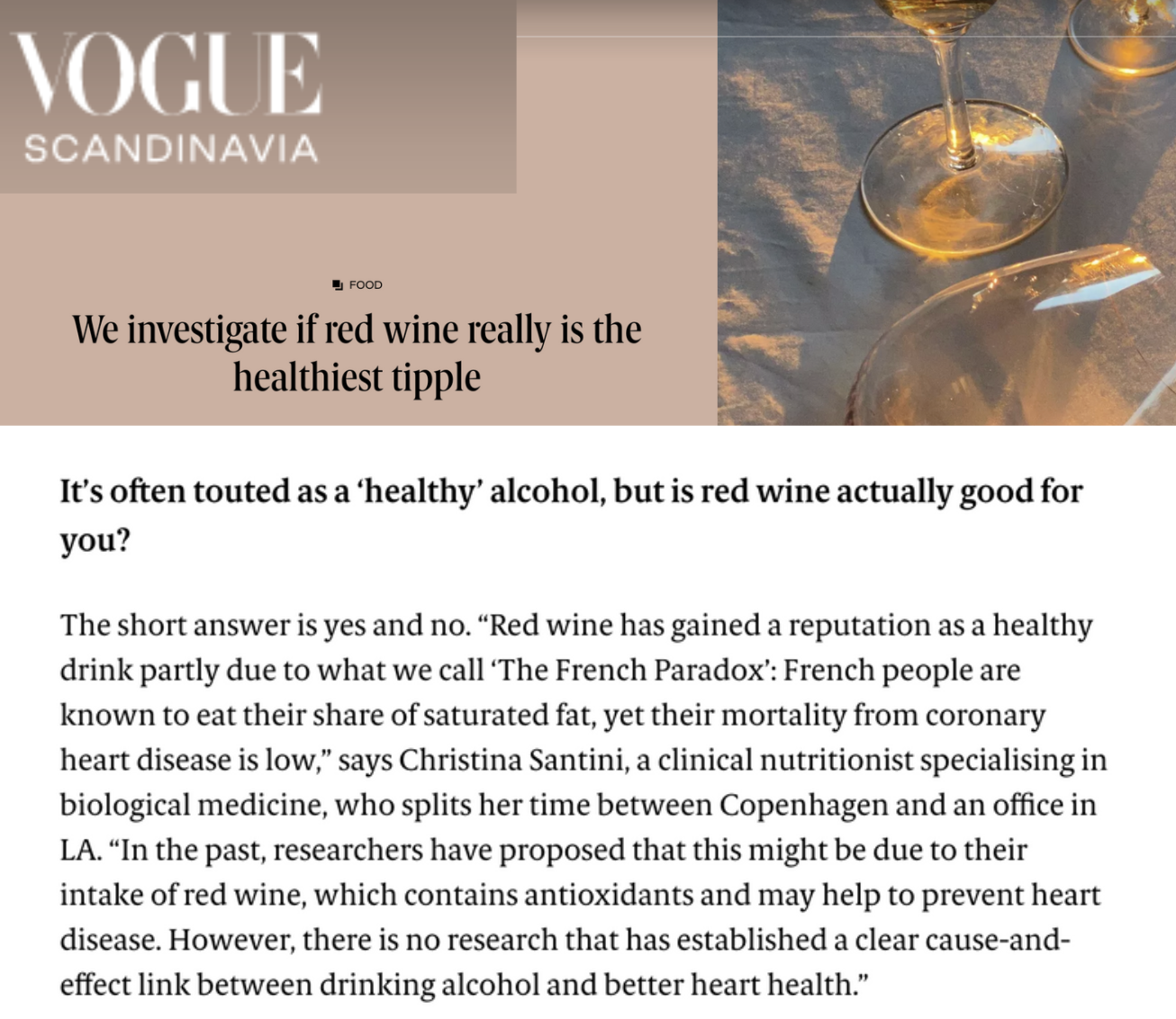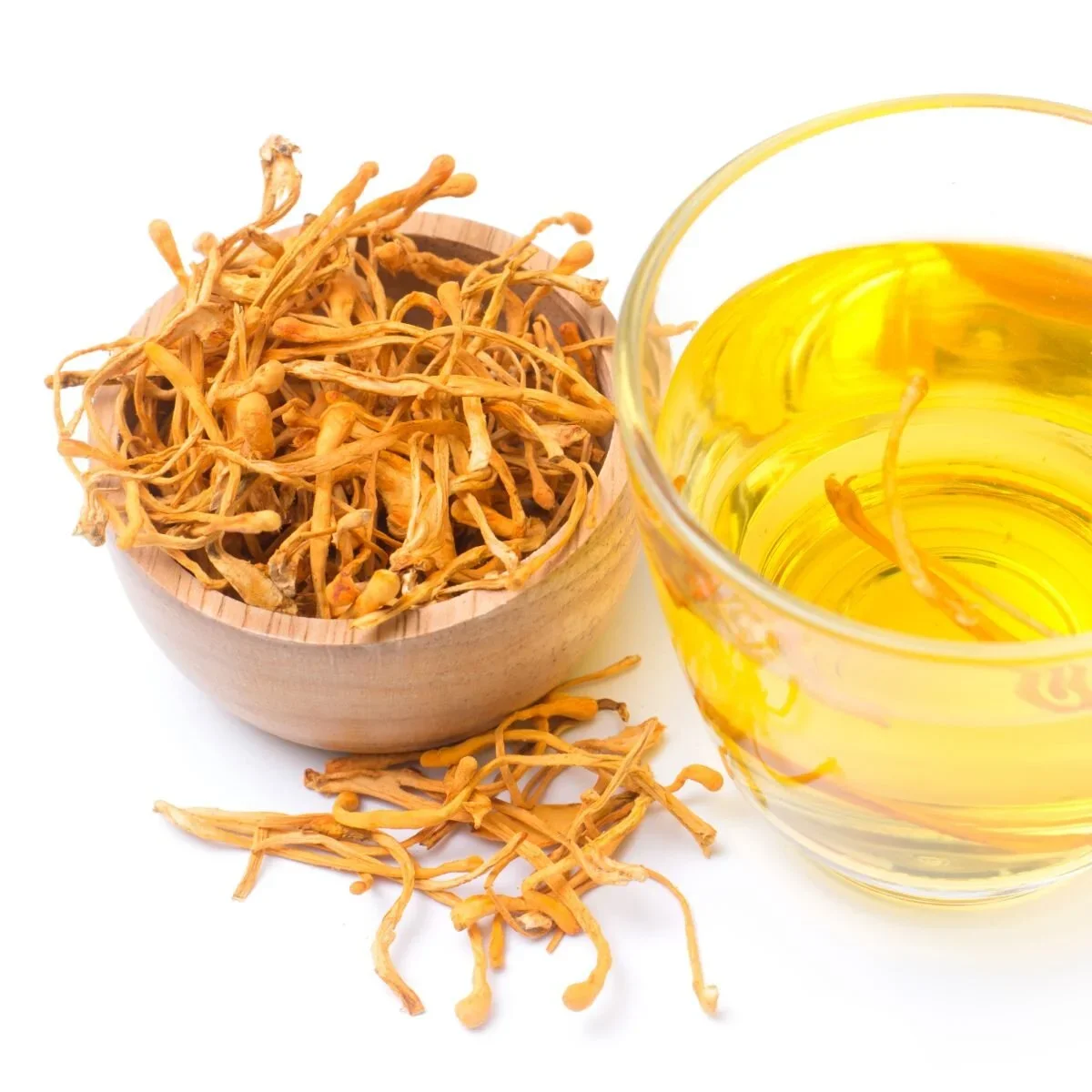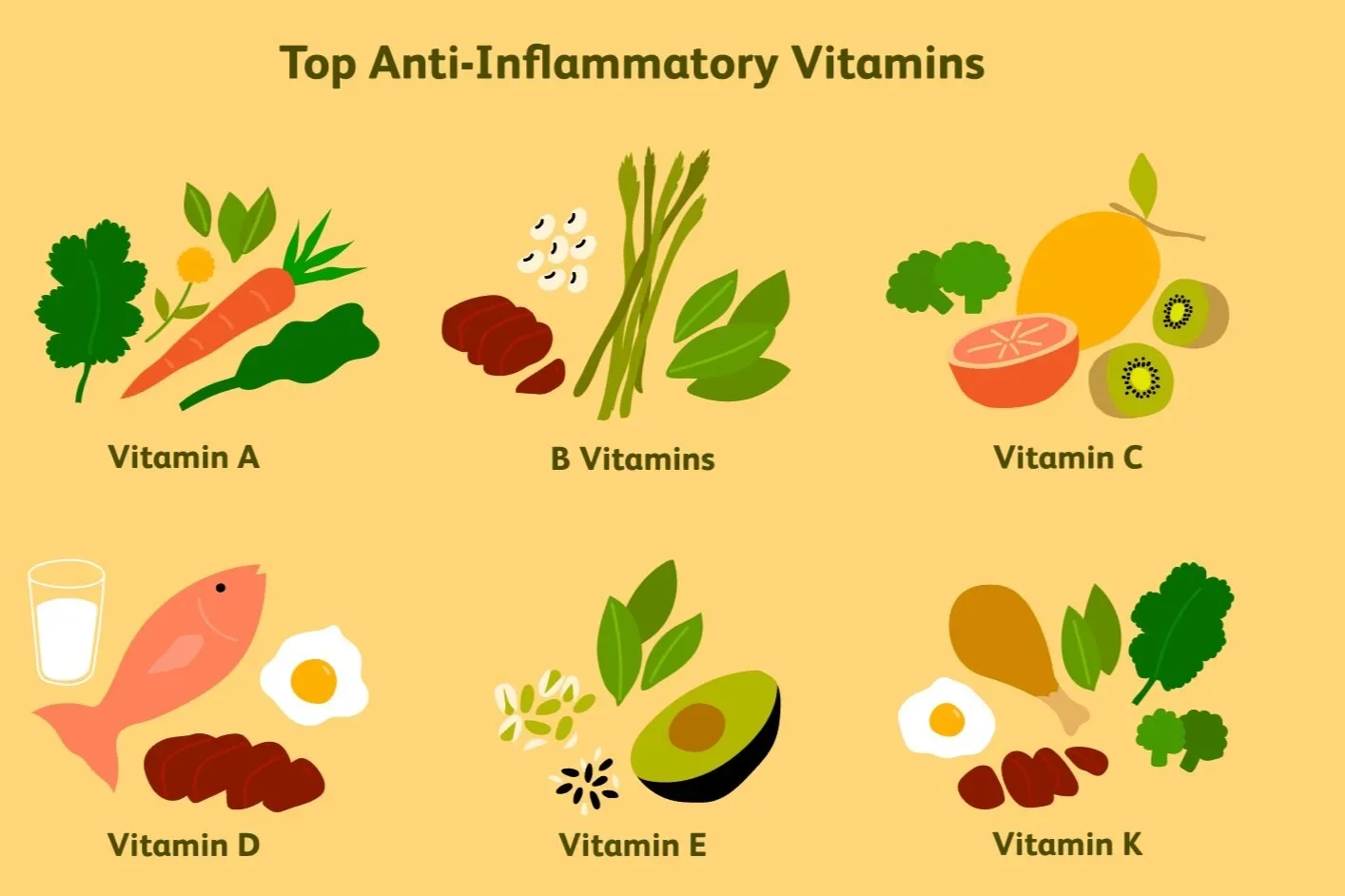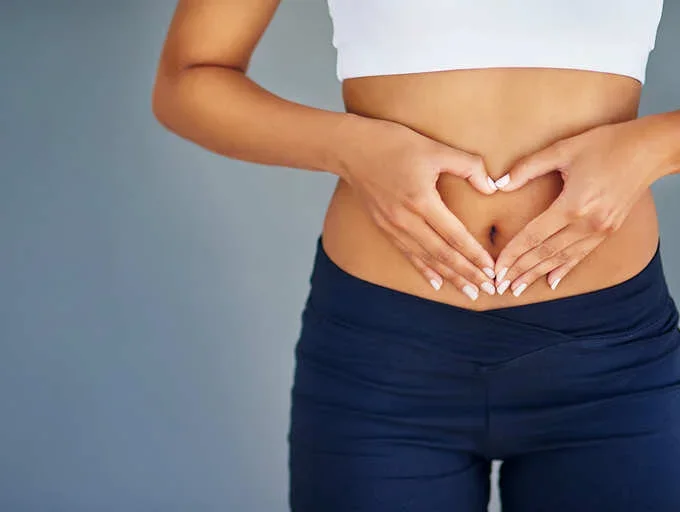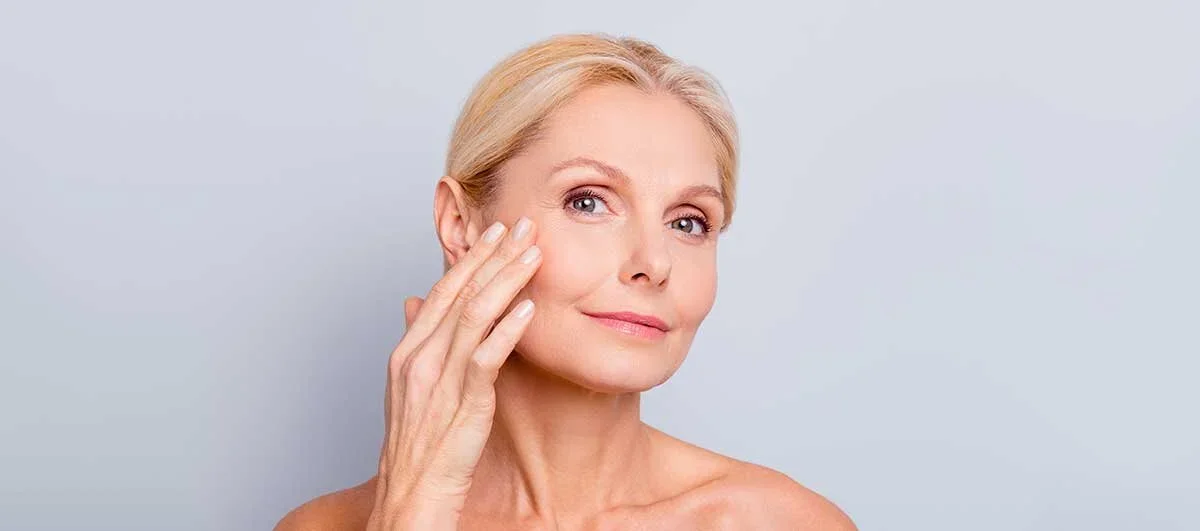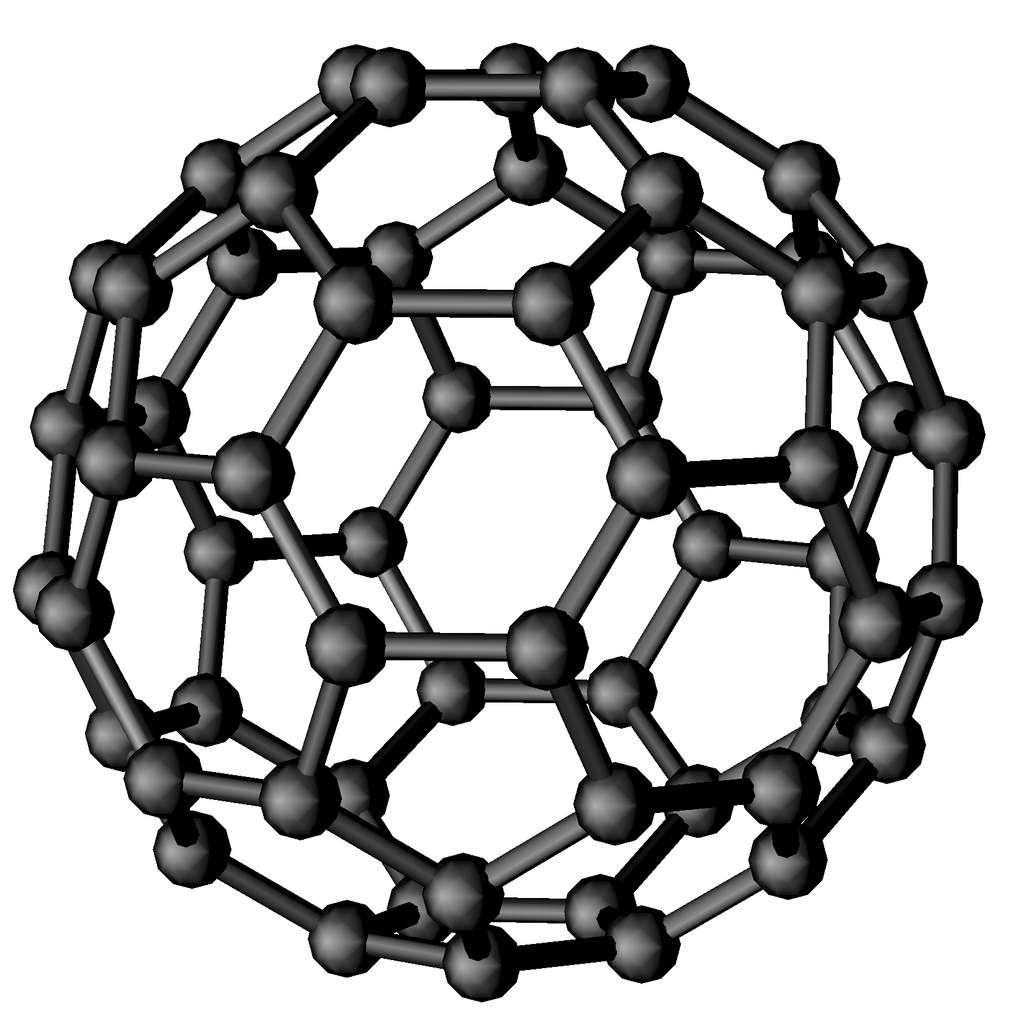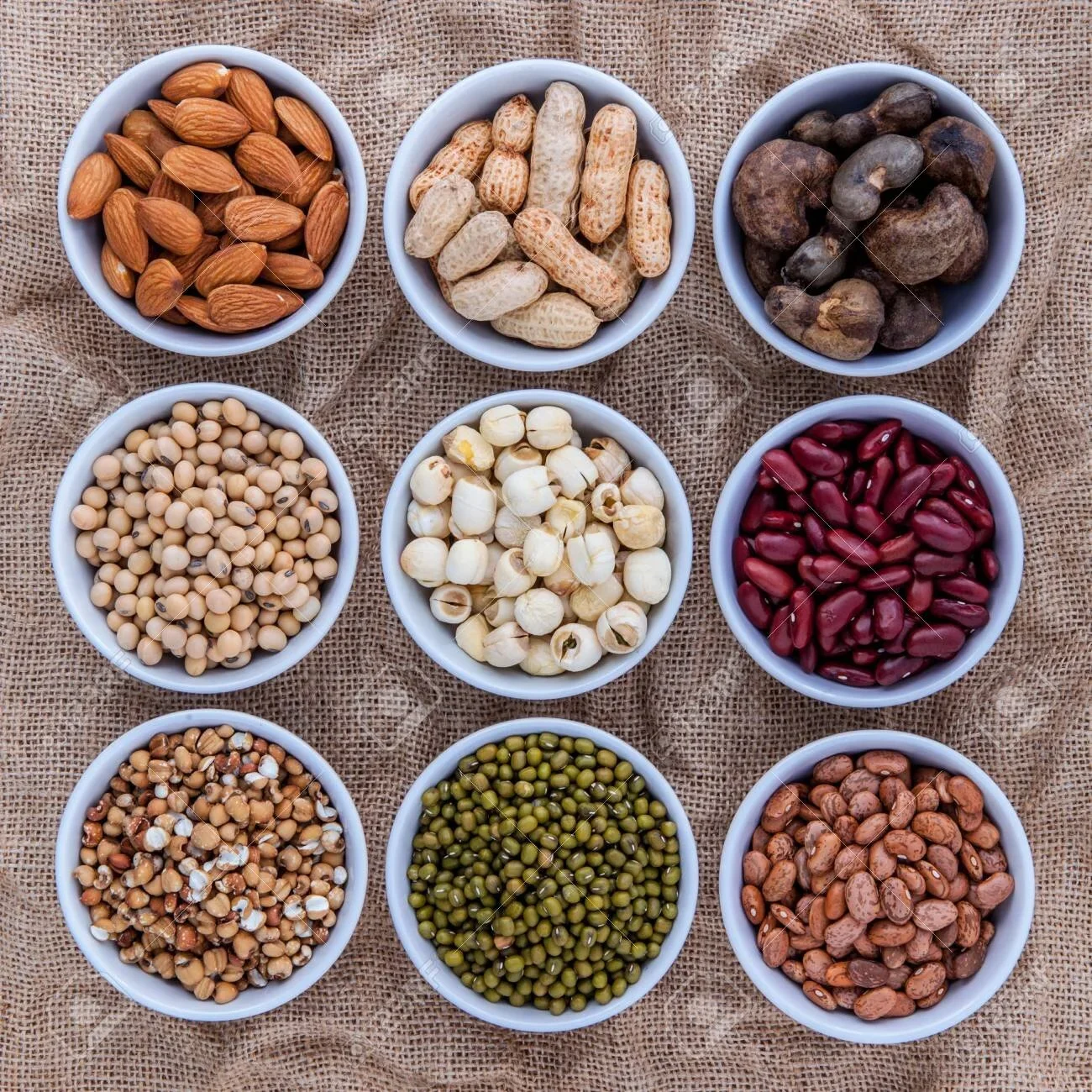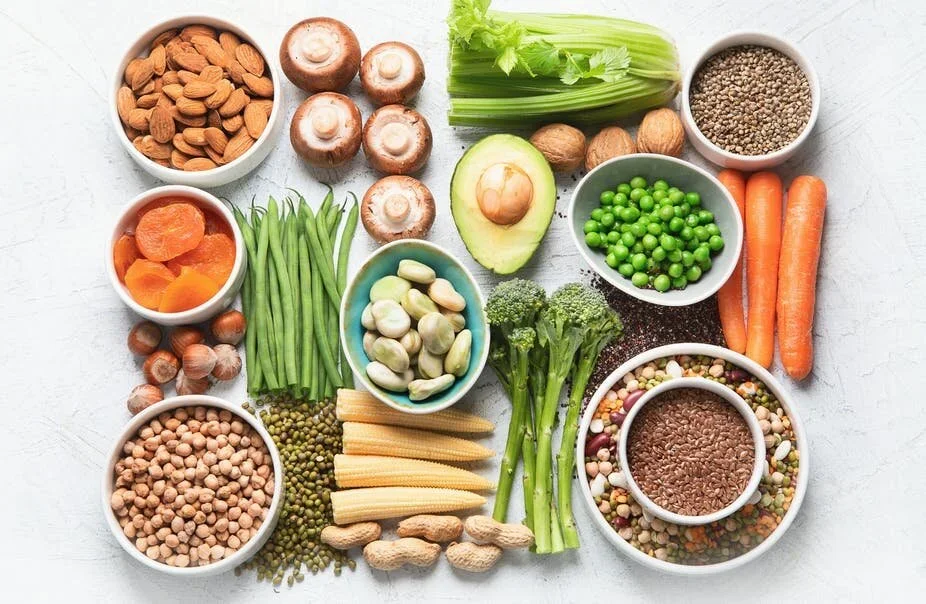
health briefs
This is smart health for real life. Short reads, clear science, practical moves. I show you where better energy, focus, and resilience come from. Follow along for data-driven insights, clinical strategies, and behind-the-scenes perspective on strategic health for individuals and companies.
Are Seed Oils Really That Bad? Let’s Talk Facts — Not Fear
Let’s be honest: if you hang out on health TikTok or deep-dive into wellness podcasts, you’ve probably heard people calling seed oils "toxic," "inflammatory," or even “the root of all chronic disease.”
Seed oils — like canola, sunflower, soybean, and corn oil — have been demonized hard in recent years. But here's the truth: seed oils are not inherently bad, and some of the claims against them are, well… a little overcooked.
Let’s unpack what’s actually true, what’s overhyped, and why omega-6 fats (the main component of seed oils) are literally essential for your body.
To grain or not to grain?
That seems to be the main question on most people’s mind these days. Personally I always recommend taking advice on matters from professionals who are educated in the field you seek advice in, i.e. seek nutrition advice from professionals who are educated and hold a degree in nutrition science and seek medical advice and diagnostics from professionals who have a medical training. If we did that, and if we as professionals respected different educational backgrounds and trainings, instead of thinking “we know it all”, it would lead to a lot less confusion and malpractice in the health arena.
Anyway, today I want to share this video on the subject of grains with two very different takes on the matter - Dr. Perlmutter, a Medical Doctor and author of “Grain Brain” and Dr. John Douillard, DC, CAP a globally recognized leader in the fields of natural health, Ayurveda, and sports medicine. I find it incredibly nice that these two personalities in their own right are able to discuss their different takes on this almost religious matter in such a civil manner.
NEW INTERVIEW: Cancer nutrition with Dr. Kurt Woeller D.O.
Dr. Kurt Woeller D. O. is one of the pioneers in understanding biochemical abnormalities related to autism and neurological issues. I highly recommend working with him if you or anyone you know struggles with autism - his knowledge is unsurpassed.
His detailed biochemical understanding of health and disease is truly unique and I’ve followed his work for the last decade along with - unbeknownst to him - I happened to take a training course in organic acid testing led by Dr. Woeller approx a decade ago.
Today I had the pleasure of being on his newly released podcast “Doc Talks”. He is truly one of a select handfuld of incredibly knowledgable practitioners, I have been lucky enough to either be mentored by or work directly with - i.e. Dr. Eric Braverman MD, Dr. Deepak Chopra MD, Dr. Rau MD, Dr. Greg Melvin (who I also collaborate currently with on analysing my clients’ thermography scans) and Dr. Woeller D.O.
Listen to our talk about nutrition and cancer
Natural vitamins may be superior to synthetic ones
“There appears to be a tendency to label those who profess that natural vitamins are better than synthetic ones as quacks. This broad brush label may be stifling legitimate nutrition research. This paper describes physiochemical differences between certain natural and synthetic vitamins, proven clinical advantages of natural vitamins, and some of the effects this labeling may lead to. It concludes that lessons of history as well as modern science support the view that natural vitamins are nutritionally superior to synthetic ones.”
Read the full study here: https://pubmed.ncbi.nlm.nih.gov/11090291/
Who should go vegan?
Yet another vegan “documentary” taking up space on Netflix these days: “You Are What You Eat: A Twin Experiment”. And it hasn’t even been more than a handful of years ago, there was the last wave of veganism driving through the country with the movie Game Changers on Netflix, swiping across the country with more peer pressure than your average influencer’s lip filler. Same arguments, same counter arguments. It gets boring for those of us who live long enough to see the circling trends in health care - same claims, same debunking and on and on it goes. Each generation has to learn from scratch all over again. Yes I sound like I’m a million years. But really, I don’t have patience for this utter nutritional nonsense trendy stuff proposed by self-claimed experts often with no relevant educational background when it comes to nutrition science.
I never really commented much on it, because we are missing the boat completely when it comes to changing our health by focusing so much on meat vs. plants, and the debate has so many emotional ties attached to it, that it rarely seems constructive to dive in.
No, lemon water is not a "health gimmick"
I’ve been drinking lemon or grapefruit juice diluted into water the first thing every morning for decades, literally. Yes decades, without going further into dating myself here.
While I too get real tired of wild claims about this or that diet, mainly because there is never good science behind, I do not tire of the potential of understanding foods therapeutic impact on the body. Having worked with nutrition for 20 years, I have seen so many diets come and go, it drives me nuts, that we have to make something so simple, so very complicated.
It is actually quite simple: stop eating extremes, stop eating restrictive, figure out why your health is not good and treat the underlying cause of that.
Do NOT take vitamin D in multi-mineral supplements! (it doesn't get absorbed)
It’s not new knowledge, but it is still one of the more frequent mistakes I see done: taking vitamin D mixed with other minerals such as with calcium.
Fact is, when you mix vitamin D with minerals it gets degraded rapidly - which is why you should always take vitamin D isolated in its own supplement, if you want to actually absorb what you are taking.
Read the study here: https://jamanetwork.com/journals/jama/article-abstract/326928
Magnesium is the no. 1 most commonly found deficiency today
It would be optimal if we could eat enough of all the vitamins and minerals, because food is more recognizable to the body and it is easier to absorb. The sources of magnesium in our food products include whole grains, nuts, sprouts, legumes, cocoa, meat and vegetables. However, what I see when I test, is that many lack it - in 9 out of 10 cases, we see a deficit of magnesium. Magnesium is, together with zinc and silica, among the minerals we commonly find is difficult to obtain an optimal level of through our food because the soil is so depleted and our demands for these minerals have increased due to various stressors in modern life.
What to do about PFAS?
PFAS is a component of non-stick cookware made with Teflon, microwave popcorn, and is found in a variety of medications: anesthetics, nerve agents, antibiotics, antidepressants, antifungals, antihistamines, cholesterol-lowering medications, anti-malarials, chemotherapy, arthritis medications, psychotropics, and steroids. Of course, you should not stop taking vital medication for that reason, but it is important to know about the possible side effects. Possibly the most overlooked source in our immediate environment is our drinking and shower water.
Essential minerals in today’s world - NEW TALK (Zoom webinar - Danish only) 2nd of March
Minerals are one the single most important factors in overall health status. We will go over the most important minerals to support gut health, immune health, mental health, skin and bones. To sign up for webinar go here: https://tidslerne.nemtilmeld.dk/294/ Please share.
Interview feature in VOGUE Scandinavia
I’m interviewed in Vogue Scandinavia about the benefits of D-vitamin for our skin health. Did you know this sun-vitamin (actually hormone) not only helps to boost our immune system against viruses and cancer, but also linked to anti-aging properties and smoother skin due to its collagen boosting effect? Click here to read it. Feel free to share.
Is red wine healthy? (Interview feature in Vogue Scandinavia)
Should you cut out wine this year or is red wine really healthy? (I am interviewed for an article in Vogue Scandinavia).
Well, sort of and sort of not.
We know that happiness adds to longevity, and that a glass of red wine can add to that sense of relaxation and ease the tension. And that's a fine reason to drink a glass with your dinner 3-4 x week. but don't drink it for the resveratrol though. And also: if a slice of double chocolate cake does it for you, then cake is just as good as a glass of vino. Life is too short to be miserable and only eat salad (and that is not healthy for you anyway!)- and happiness does add years to our life. So live your life and drink that glass with your dinner, if it makes you happy (but not everyday - yeah, I still had to kill the party like that). Read full article here: https://www.voguescandinavia.com/articles/we-investigate-if-red-wine-is-really-the-healthiest-tipple-in-the-bar-and-why-we-should-drink-like-those-in-blue-zones and feel free to share it.
Interview feature in VOGUE Scandinavia
I am interviewed for an article in Vogue Scandinavia about Vitamin C and skin beauty - you can read it by clicking here. Feel free to share.
Cordyceps: more than 21 clinically approved benefits on human health including anti-diabetic, anti-tumor, anti-oxidative, immunomodulatory, sexual potentiator and anti-ageing effects.
“Cordyceps has a long history of use as a lung and kidney tonic, and for the treatment of chronic bronchitis, asthma, tuberculosis and other diseases of the respiratory system. The cardiovascular effects of Cordyceps are being noticed more frequently by researchers as it works through variety of possible ways either by lowering high blood pressure via direct dilatory effects or mediated through M-cholinergic receptors resulting in improvement in the coronary and cerebral blood circulation.”
Natural vitamins superior to synthetic ones.
Science cannot create life. Only life can create life. Obviously, there is a difference. Supplements food-based, isolated or synthetic, has detracted from the most important part of health and healing. The basics of proper diet, exercise, detoxification, structure, mental/emotional and spiritual health must all be in order for true healing to occur. No supplement will work on its own if these foundations are not in place. However, even when these foundations are in place, or if the situation is acute enough to necessitate a more immediate treatment response, supplement support may still be needed for a while. You may also want to take one or more food-based supplements to ensure you are getting an adequate array of nutrients in your diet. When these situations arise, it is recommend food-based supplements be your first choice. How to known whether or not a supplement good choice? For starters, make sure it has the following characteristics: it is as close as possible to its natural form. The utmost care has been taken in all phases of its production, from growing its ingredients, to manufacturing, testing for potency and quality control. Select from companies that have a long track record of providing high quality products that produce good clinical results. Most vitamins sold are not food. They are synthetically processed petroleum and/or hydrogenated sugar extracts, even if they say “natural” on the label.
Study finds that 62% of us weigh 10-12 lbs more due to "hidden chronic constipation".
A European medical study found that approx. 62% of adults whom doctors examined had an average of 10-12 pounds of residual fecal matter buildup in their large intestines and rectums. Even people who had a bowel movement daily were at risk for accumulating old fecal matter. The majority of my clients I start of putting on a variety of herbal supplements including mimosa pudica which literally scrubs the gut and gets rids of old fecal matter and biofilm. It smells utterly disgusting the first couple months when people go to the restroom, because old bacteria and rotten fecal matter is being expelled. But better that, than having this stuff inside our gut, creating chronic inflammation and inhibiting our ability to absorb nutrients. We are NOT what we eat, if we can’t absorb it. And if the walls of our gut is insulated with a layer of old fecal matter, we have created a haven for inflammatory conditions, pathogenic bacteria, parasites etc. If we do not remove this, but rather focus on treating the situations created by this toxic environment, we will never get to the root of the cause. We will stay stuck in symptom-management: taking stuff for our bacteria balance, getting rid of fungus growth or focusing on killing the parasites etc. All of which need to be addressed, but if the environment in which these things thrive is not cleaned up, it is all in vain, and will not last in the long-term whenever we stop “treatment”. We are NOT supposed to be stuck in need of constant treatment - we are supposed to treat the core issues and then be able to finally live a normal life. Read the study here: https://pubmed.ncbi.nlm.nih.gov/16009067/
Silica better than collagen? Its relation to bones, hair, nails and skin beauty.
I am currently experimenting with different types of silica and bioavailability. Silica is something 99.9% lacks when I test for it, and this is a crucial mineral for everything beauty and bone related. And let’s not forget it is placed next to that heavy metal aluminium in the periodic table and these two guys have a tendency to exchange places. Meaning, when our body is lacking silica, we become more vulnerable to store aluminium. Silica (or silicon) minimizes wrinkles, improves hair strand strength and nails, it increases collagen production and thereby also the appearance of cellulite. I am completely convinced silica is THE MOST OVERLOOKED beauty and bone nutrient of today. Better than Botox, may I add.
Study shows C60 induces up to 90% life span in rats
C60 has been on everybody’s radar for the past couple years - I am still waiting to see a bit more research on this before I’m head over heels, but a recent study on rats does look promising regarding its effect on reducing oxidative stress and enhancing life-span potential:
https://pubmed.ncbi.nlm.nih.gov/22498298/
Scientific studies on animals have shown that the C60 molecule extended the lifespan of rodents by 35% to 90% in addition to having a potent anti-tumor effect.
There is no science to support the theory of "anti-nutrients" (study link)
Okay, that’s a bit of a generalization, and it depends to a certain extent what your diet mainly consists of. I have always thought, it was completely missing the boat, both when it comes to our health and common-sense, when people started developing these theories of anti-nutrients in plant-foods. I.e. thinking that a low thyroid issue was due to eating too much broccoli. No one eats that amount of broccoli - it’s just plain unrealistic. And now we finally have the science to stop talking about this nonsense. Yet on the flipside: anti-nutrients do become an issue these days, because we are seeing the rise of so many ridiculous extreme diets i.e. the rise of raw vegan green detox fad type of extremist diets. It is entirely possible to eat so monotone and restrictive, that you are actually eating too much of a select type of anti-nutrient group, resulting in health issues in the long run. Click on to read the study debunking the theory of anti-nutrients.
Are vegetarians more at risk for mental disorders/depression/anxiety?
“Conclusion: Vegetarian men have more depressive symptoms after adjustment for socio-demographic factors. Nutritional deficiencies (e.g. in cobalamin or iron) are a possible explanation for these findings, however reverse causation cannot be ruled out.” There has been a lot of studies on health benefits of vegan/vegetarian diets - both pro and con. Some show improved health aspects and some do not. Many of the health benefits are likely associated with simply choosing whole foods over processed foods and not exclusion of meat. Otherwise there would be no case for the carnivore diet which is currently trending.

